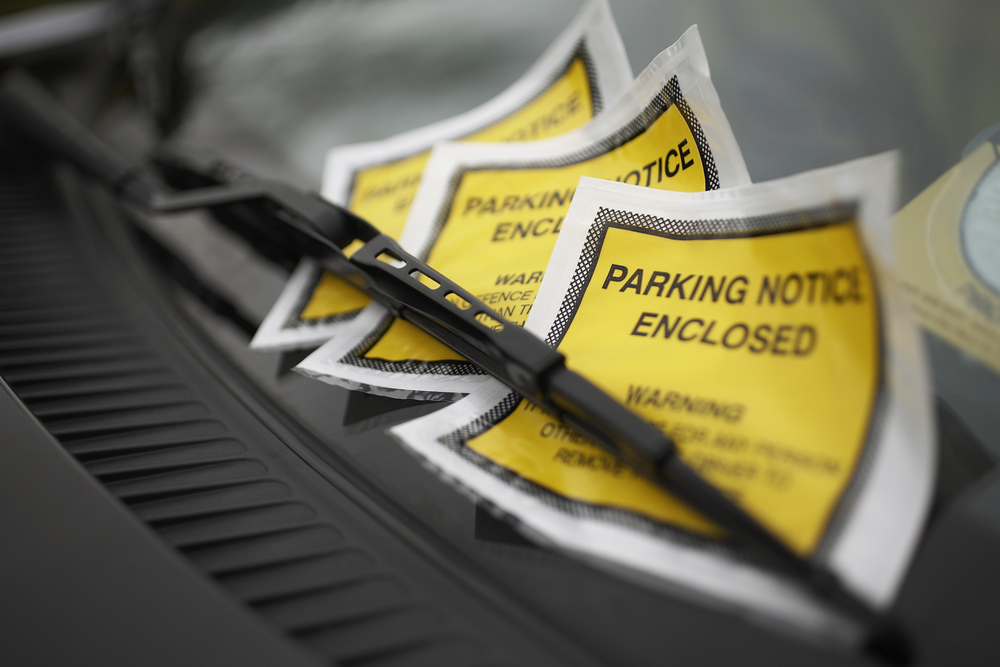07 Apr 2017
The parking row which turned into a £24,000 legal battle

A Scottish woman has been hit with what is believed to be the UK's biggest bill for parking.
Carly Mackie, 28, has been ordered by a sheriff to pay a private parking company £24,500 for ignoring more than 200 penalty notices.
The judgment dispels the myth that private parking charges are unenforceable.
Ms Mackie was given the penalty notices for leaving her car at Dundee's Waterfront without a permit.
She said that she had a right to park in the area as she was living there at the time.
Liable
But Dundee Sheriff George Way said the charges were from a "valid contract" and she was liable for them.
Vehicle Control Services took the woman to court last year after she failed to pay £18,500 in private parking notices.
She had been living at a flat with her stepfather, who was a tenant and had a garage at the property.
Sheriff Way said Ms Mackie had parked outside the garage and would not accept the offer of a parking permit for a space nearby for £40 per month.
Sheriff Way said Ms Mackie had “entirely misdirected herself on both the law and the contractual chain in this case” and the pursuers believed she had been engaged in a “personal crusade” to prove the charges were unenforceable.
He said in his judgment: “She knew perfectly well what the signs displayed and that she was parking in breach of the conditions.
"She stated that (effectively a protest position) that parking charges were illegal and unenforceable in Scotland and that she could park where she liked as her father’s guest.
“The defender is not the tenant. The defender’s car was an additional burden on the parking facilities and she was the same as any other interloper. She was offered a permit by the factors (at a reasonable charge I think) but she refused on principle.”
He added: “Parking is not only an amenity, but a valuable commodity in modern life.”
Contract
Private landowners and car parking firms do not have the power to issue penalty charge notices. But, by parking in a restricted private area, a motorist can be considered to be agreeing to a contract with the landowner or car park operator, provided there is adequate signage warning of the charge.
Failure to pay can be seen as a breach of contract and the motorist can be taken to court to recover losses.
Debt Recovery Plus, which acted on behalf of the parking company in the case of Ms Mackie, said: “This is understood to be the highest value parking charge case ever awarded in the UK.
"As some people in Scotland believe that parking charges are unenforceable (despite the landmark 2015 Supreme Court judgment ruling in favour of a parking operator), a record number of court cases are now being pursued in Scotland."
Litigation experts
Our commercial litigation department is one of the largest in Scotland and contains highly-skilled litigators with a diverse spread of knowledge, experience and expertise.
If you would like us to look at a case on your behalf, click here.